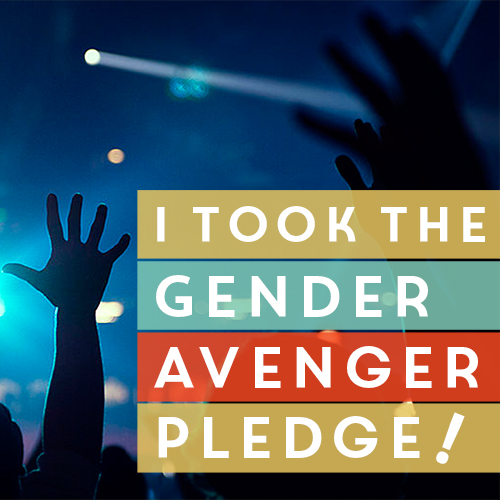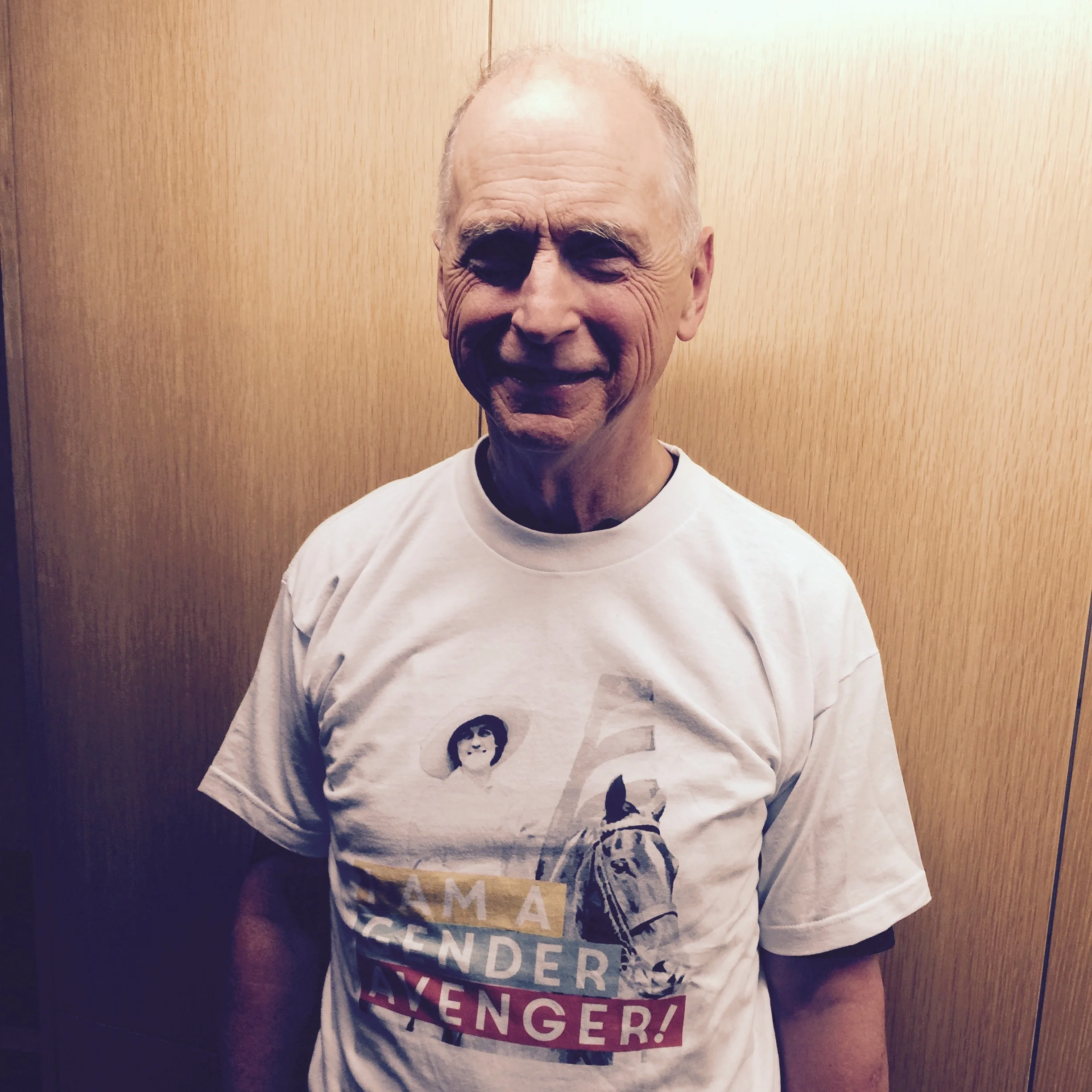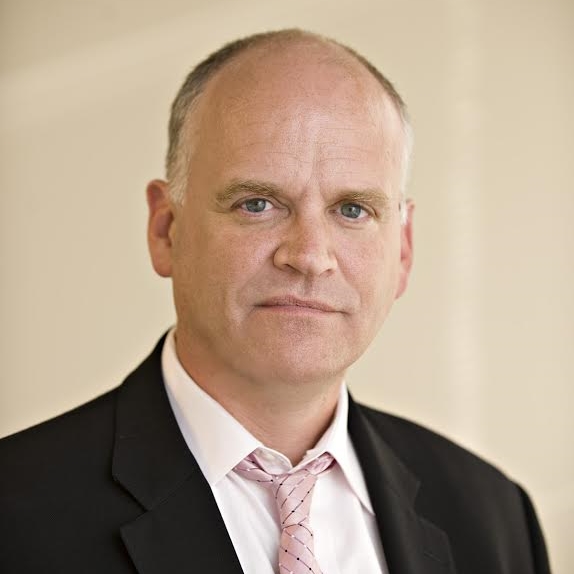Powerful Change from a Powerful Community: GA Pledge Signers Tell Their Stories
More and more men are signing on to the GenderAvenger Pledge since we launched it in 2015 with early signers like Garrett Boone, Chairman Emeritus and Co-founder of The Container Store, and Ron Fournier, former columnist at The Atlantic and current publisher and editor of Crain’s Detroit Business. With each submission, pledgers can share why they are formally stating they will not serve as a panelist at a public conference when there are no women on the panel (a panel consists of 3 or more people). This week, we are featuring what we have learned about some recent signers’ motivations and experiences.
For some, there wasn’t a particular moment but rather a feeling that it was the right thing to do, and it was a simple step they could take towards gender balance.
“What I love about the Pledge is that it isn't awkward for me to ask about gender on a panel because lots of other people do it too now,” says Tom Matzzie of CleanChoice Energy. He’s also been clear with his team that he doesn’t do manels: “Once my team wanted to put me on an all-male panel. I said I wouldn't do the panel if they didn't fix it — and I'm the CEO so I'm expected to join these speaking engagements. They figured it out.”
Tom Matzzie
Jed Emerson of Blended Value tells us that in light of the growing public dialog around harassment and assault spurred by the #metoo campaign, signing the Pledge was a no-brainer. He also shares this wonderfully appropriate quote from Thomas Paine’s Common Sense: “A long habit of not thinking a thing wrong gives it a superficial appearance of being right.”
For others, there was an a-ha moment. Ivan Frishberg of Amalgamated Bank shares his, which happened during planning for a training session: “The three trainers were chosen because of specific expertise in different subject areas, but at the end of the day, the panel was all white and the only woman was the moderator.”
Frishberg felt that the lack of diversity didn't reflect the values of his organization or the host’s and could actually undermine the training objective. When he reached out and requested that a woman colleague replace him, he found that the host was grateful for the suggestion: “They were keenly aware of the problem, but also unsure about what to do without uninviting existing speakers or blowing up the agenda.”
As for the Pledge, Frishberg says “only recently did I come across the GenderAvenger Pledge, but its idea was obviously powerful and actionable.”
Sam Nickless of Gilbert + Tobin shared a recent experience where several volunteer organizers had independently booked speakers for a panel which ended up all male: “During the panel session — which was about disruption and the future of business — a very impressive young woman asked the first question and called us out on not having a woman on the panel. We all knew we’d messed up and were very embarrassed.”
His a-ha moment was realizing that everyone should feel accountable and act, whether an organizer or invitee:
If I had simply sent an email ‘I just noticed we are all men, can we get at least one woman to join us?’, then I have no doubt the organisers and the other panelists would have all immediately jumped into action and fixed it up. But I didn’t send that email in that case, not because I didn’t care, but because I didn’t think enough.
That little bit of awareness and reminder to ‘send the email’ will make a difference. Of course, we should do even more — but that’s a good start. I have some terrific women on my team and I am conscious to refer some of these speaking opportunities to them whenever I can.
Justin North of Janders Dean has made equality an organizational priority and shares that “when GenderAvenger came along, it made complete sense to jump on board. We are in an industry where the most successful results going in and coming out of law schools and universities around the world are typically across the female population, but where the senior power layer remains male.”
Janders Dean also runs events where equal representation of speakers is a rule and has called out those others that don’t ensure diversity: “One event that comes to mind was held on international women’s day and had a speaking faculty of 45 (two of whom were female). The organizers just didn’t seem to give a damn about the message this was sending, so we called them on it.”
Thank you to all of these Avengers for sharing with us.
Help the Pledge grow. Sign on and ask friends, family, and colleagues to do so as well. And please take a moment and tell us why.




